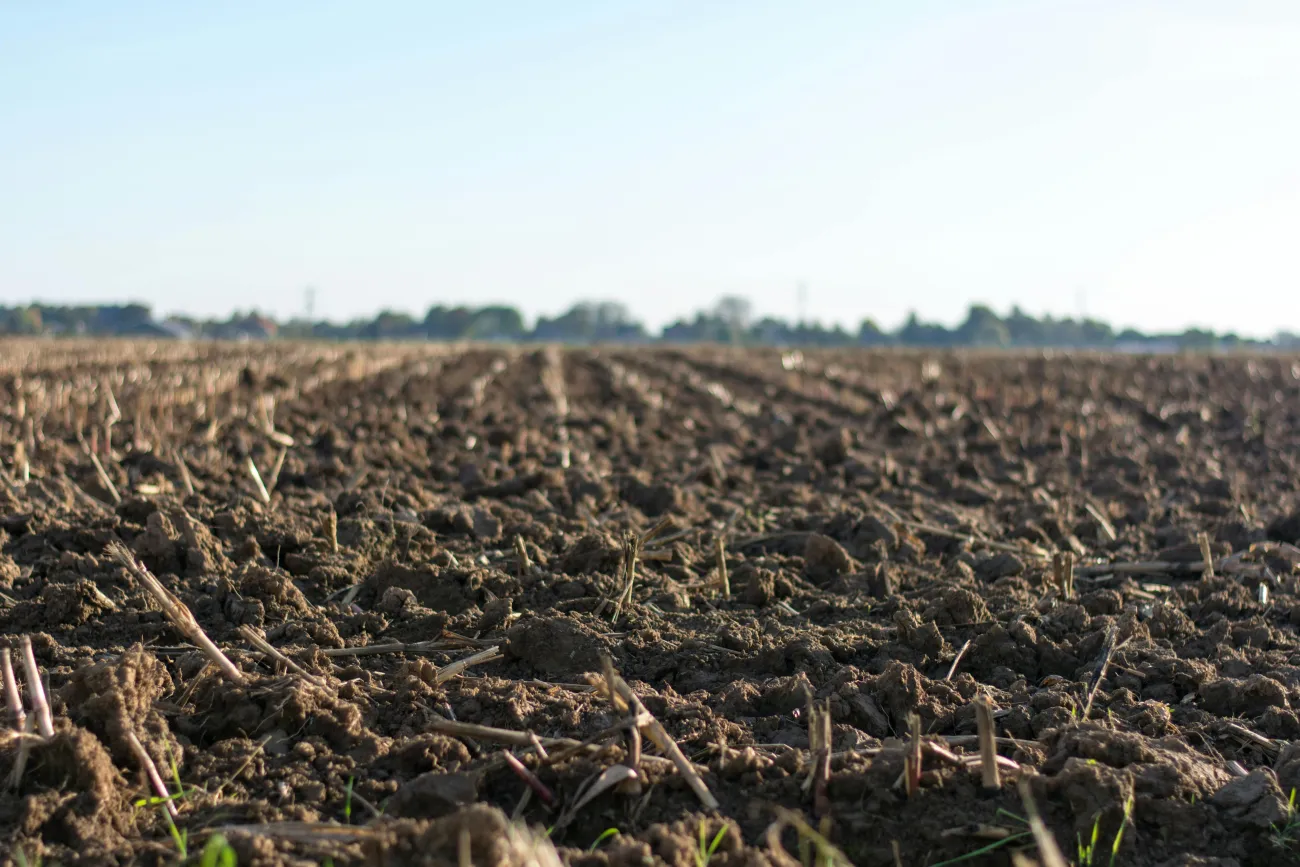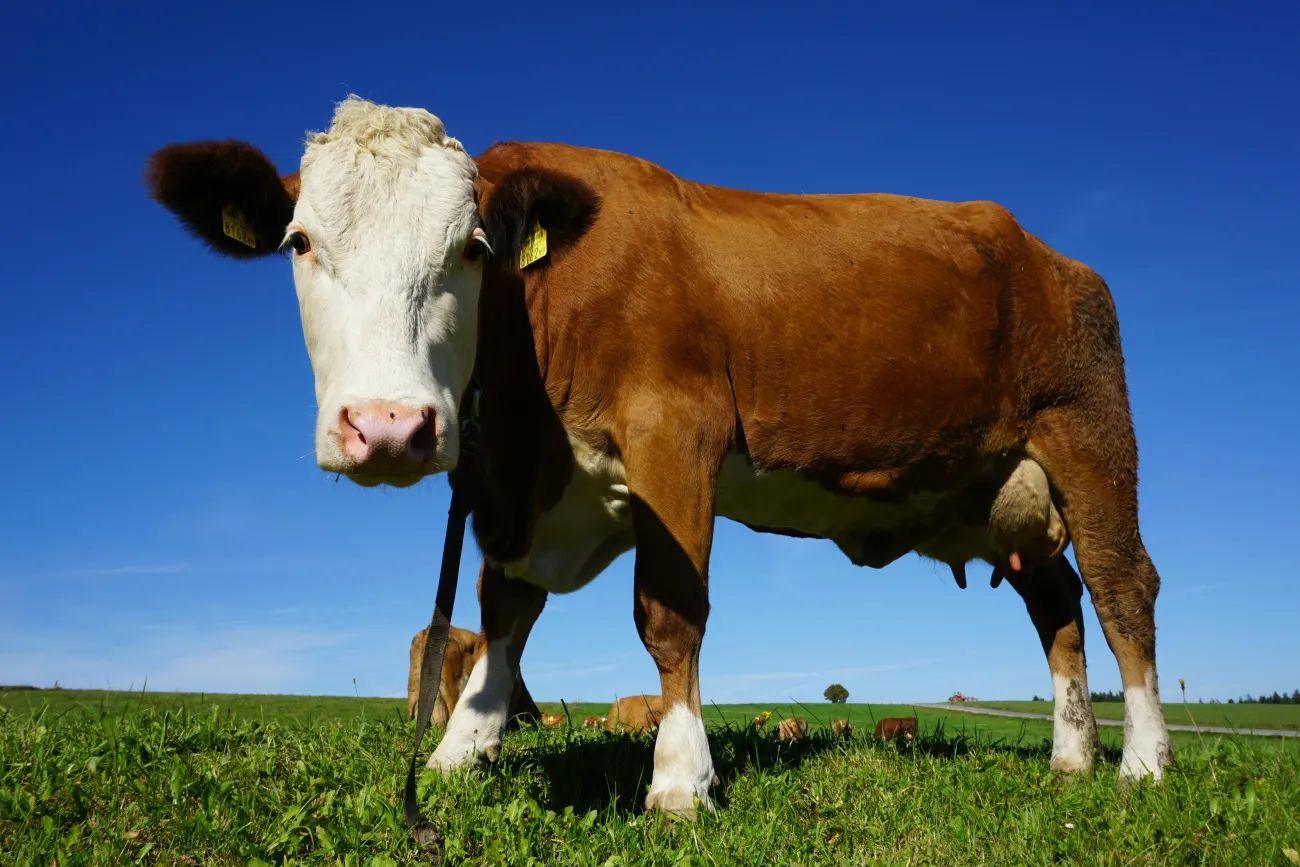Moderator and speaker bios
Jack Thompson (Moderator) is a research and communications officer at TABLE and freelance journalist specialising in food systems. He grew up on a large scale arable farm in the UK but decided to study French and Spanish after being marked by long summers in tractor cabs. Years later, a friendship with an opinionated German farmer reignited his connection with agriculture, seeing food and farming as a meeting point for conversations on the economy, power, the environment, health and culture.
Ruchi Tripathi (Panelist) leads the Global Alliance for the Future of Food’s Climate and Nature strategy supporting members and partners, ensuring transition to an equitable and resilient food systems. This includes engagement in global fora, deepening strategic partnerships, organizing convenings, commissioning research and organizing collective action related to the climate-nature-food nexus. Ruchi has 25 years of experience in international development, human rights, gender and social justice. She has worked on the Right to Food, Land Rights, Gender just agriculture policies, Farmers’ Rights within the context of global trade agreements, corporate accountability, and Ecological and Climate Justice.
Nnimmo Bassey (Panelist) is a Nigerian environmental justice activist, architect, essayist and poet. He is the director of the ecological think-tank, Health of Mother Earth Foundation (HOMEF) and coordinator of Oilwatch International. He was the chair of Friends of the Earth International (the largest grassroots environmental organisation in the world) from 2008-2012 as well as the co-founder and executive director of Environmental Rights Action (1993-2013) which is based in Nigeria (in Benin city, Lagos, Abuja, Port Harcourt and Yenagoa). He is also the author of the highly acclaimed book, ‘To Cook a Continent’, which details the destructive impacts of the extractive industries and the climate crises in Africa.
Lili Fuhr (Panelist) is the Director of the Center for International Environment Law’s Fossil Economy Program. In that role, Lili leads a team of dedicated attorneys and campaigners working to transform our economic system to urgently address the political, social, and economic realities of the triple crisis of climate, biodiversity, and pollution by exposing the risks and impacts of false solutions, with particular attention to petrochemicals, agrochemicals, carbon capture and storage, and geoengineering technologies. Prior to joining CIEL, Lili headed the International Environmental Policy Division of the Heinrich Böll Foundation for 15 years. Lili is a board member of the ETC Group, and sits on the international Steering Committee for the Fossil Fuel Non-Proliferation Treaty Initiative.
Errol Schweizer (Panelist) is a member of the IPES-Food panel, and has over 30 years of experience in the food industry. Born and raised in the Bronx, New York, he started out as a stock clerk and grill cook, and has worked at all levels of grocery retail, wholesale and consumer packaged goods. He worked for Whole Foods for 14 years and was responsible for the grocery, dairy, frozen and bulk foods divisions from 2009-2016. He has helped create strict procurement and sourcing standards for consumer trends such as Organic, Non-GMO, fair labor, humanely raised animal products and plant-based processed foods. Since 2016, he has been an advisor and board member for over 20 emerging food brands, grocery cooperatives and independent retailers. He has also worked on local food policy, public food procurement and healthy food access and is a board member of the Non-GMO Project.





Comments (0)